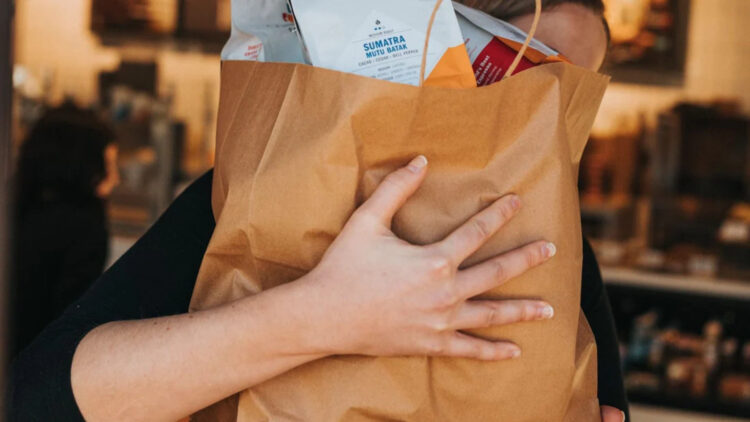Starting in January 2026, Philadelphia residents will give us a little change every time they go shopping. From that date on, every time the supermarket cashier asks if you want a bag, she will be asking you between the lines if you want to be charged for one. The city of Philadelphia has just imposed a mandatory fee of $0.10 for each single-use paper bag at points of sale. This is one of the most recent—and revenue-generating—measures that the city has put in place to try to curb pollution from packaging and disposable products.
This law, passed on November 14, 2025, by the City Council, was implemented even without the explicit signature of Mayor Cherelle Parker. The new fee is a behavioral incentive (in this case, a negative incentive) to join one of the many cities with environmental legislation. Philadelphia is not the first or last city in the United States to seek to reduce the waste that litters its streets. From now on, citizens have more incentives to bring their cloth or plastic bags from home before going shopping.
The 10¢ Bag Tax
This new tax on paper bags is not the first one implemented by Philadelphia. Back in 2019, the city had already banned single-use plastic bags. This law was implemented and began to be fully enforced in April 2022. However, as with absolutely all types of legislation, the ban did not work as expected: most people did not adopt reusable bags, but instead began using single-use paper bags instead of plastic ones… And pollution continued as before.
Here’s the crux of the matter: creating a paper bag—even if it is biodegradable—consumes much more energy and water to manufacture than the same bag made of plastic. The $0.10 fee was created to close this illegal environmental loophole. From now on, all single-use paper bags with handles will be charged for.
The only bags that will be exempt from this fee are those used to carry takeout food orders, those used to deliver food ordered through the drive-thru, and all bags used to pack fresh produce and bakery goods.
Who benefits from this new bag law?
Although we could accuse Philadelphia of creating a municipal tax to fill its coffers, the reality is that every $0.10 collected per bag will stay with the retailer. Businesses are required to charge this flat fee, but the money stays with the store. Although retailers are unlikely to be pleased about having to deal with customers who are angry about this new regulation, the only ones who seem to be benefiting from all this are the environment and Philadelphia’s green spaces.
Studies have shown that this type of legislation encourages people to always carry a small cloth bag with them so that they don’t have to pay a fee—however insignificant and symbolic—for each plastic bag.
No matter how much virtue signaling goes around with a crocheted net bag, the new imposition is not without some controversy: the mayor herself, Ms. Parker, has publicly expressed her concern about the economic impact this new fee may have on low-income residents.
While some argue that this fee represents an additional burden on families with small budgets, environmental groups clearly point out that the fee is entirely avoidable and that shoppers bring their own bags. They have also pointed out that low-income communities suffer the most from litter pollution on their streets, so a policy that improves the overall environment of the city is ultimately equitable. The fact is that, no matter how little a person cares about the environment, they have no greater incentive than the economic one.
We can only wait and see how the city evolves as the weeks and months go by. Will they succeed in getting the people of Philadelphia to carry a cloth bag when they go shopping? We’ll see soon enough.

